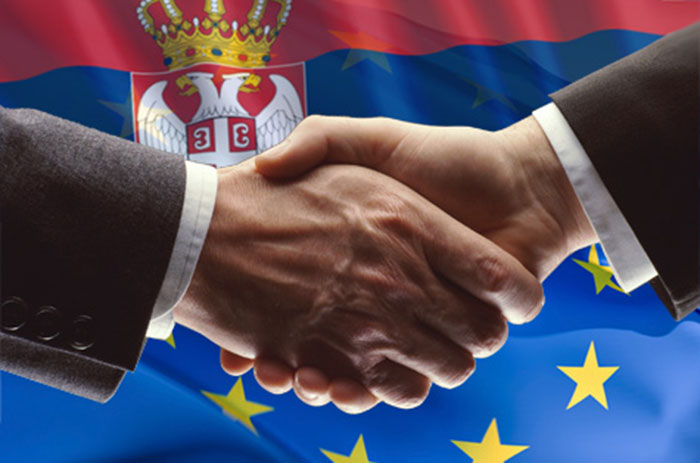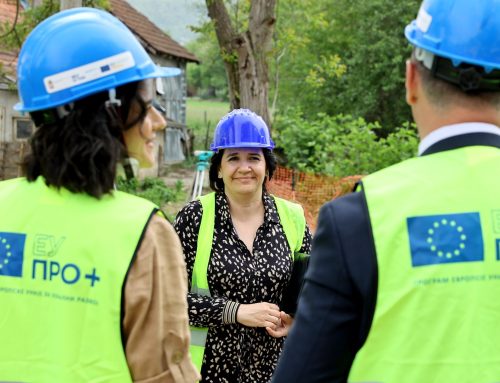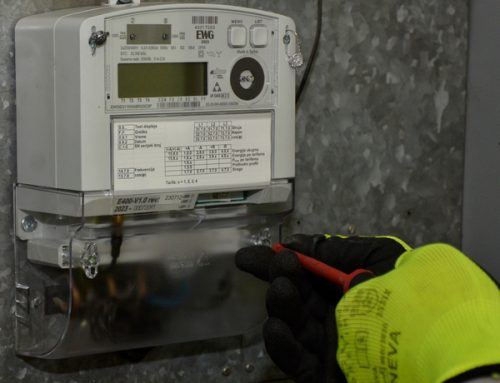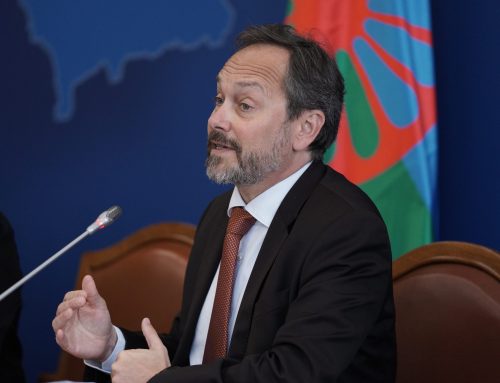The European Union has agreed an additional €166.4 million for Serbia to facilitate accession to the EU. Serbia will be able to use these funds over the next three to four years. These are non-repayable funds (unlike loans which have to be paid back with interest from the budget). They come from the 2016 annual allocation of the Instrument for Pre-Accession Assistance (IPA).
The Head of the EU Delegation, Ambassador Michael Davenport, stated: “This new support shows just how serious we are about Serbia’s future in the EU. We will continue helping to modernise Serbia and bringing concrete benefits to citizens.”
Last year, EU funding reached many new Serbian entrepreneurs, helped displaced families and those affected by 2014 floods to celebrate slavas and the New Year in their own homes. We invested in renovation of the Golubac Fortress and a tunnel and ring road there. Together, we rebuilt schools and flood defences. The EU has been Serbia’s main source of support in tackling the migration challenge. This year we expect to see the renovation of dozens of educational facilities across Serbia, the new Žeželj Bridge in Novi Sad nearing completion, and Serbian farmers to start benefitting from EU funds.
Key areas of investment for the €166.4 million, agreed with the Serbian Government, include:
- stimulating competitiveness and innovation, supporting small and medium enterprises with finance and advisory services;
- backing local development, municipalities, local businesses, investment into social infrastructure;
- providing better education and skills to help employment, improve access to education and its quality;
- financing Serbia’s participation in EU programmes such as Erasmus+, Horizon 2020, Creative Europe, supporting legislative and institutional capacities, EU standards, accession negotiations;
- supporting Serbia’s action plans on rule of law and fundamental rights, improving border management and control of migration and cross-border crime.
The EU remains by far the major partner for Serbia in providing non-repayable assistance: more than €3 billion since 2001 and up to €1 billion over the next four years.




